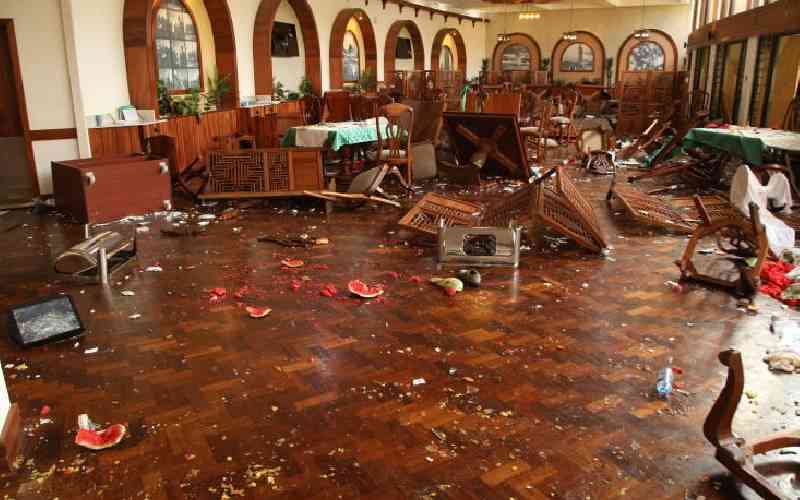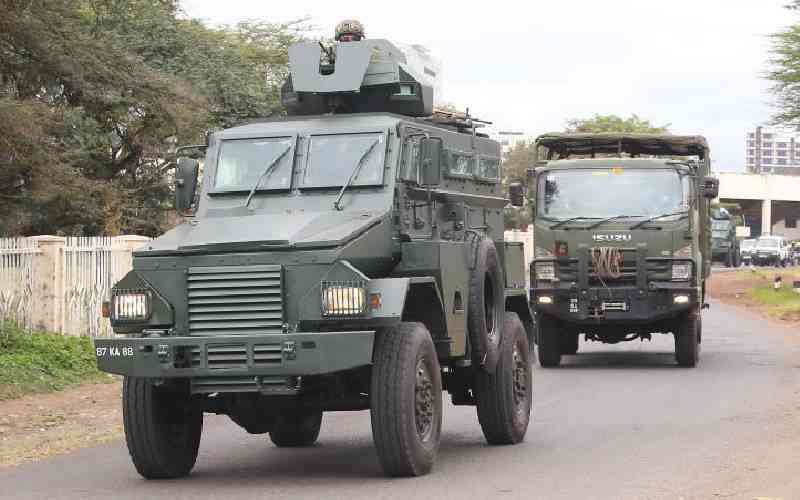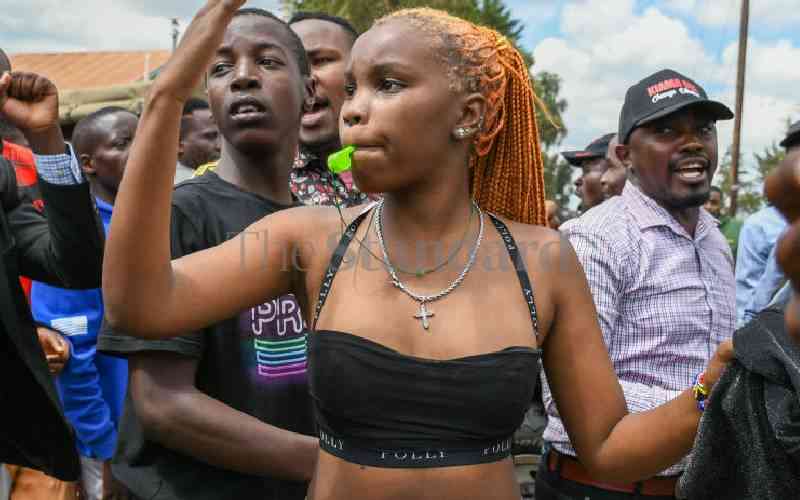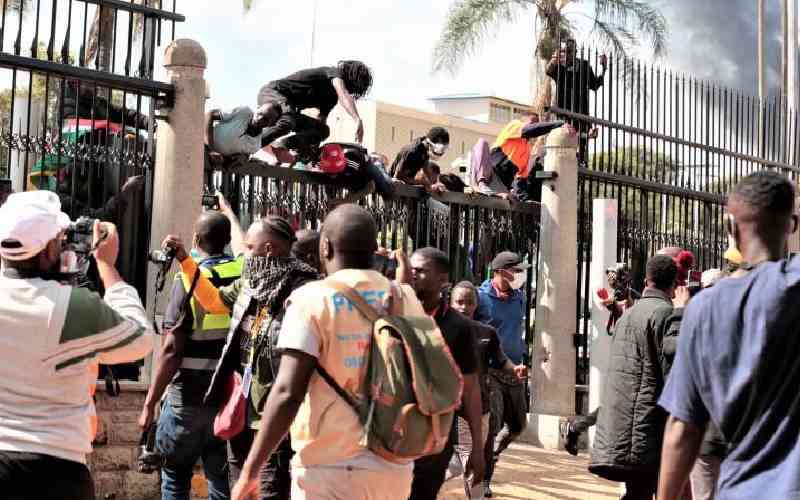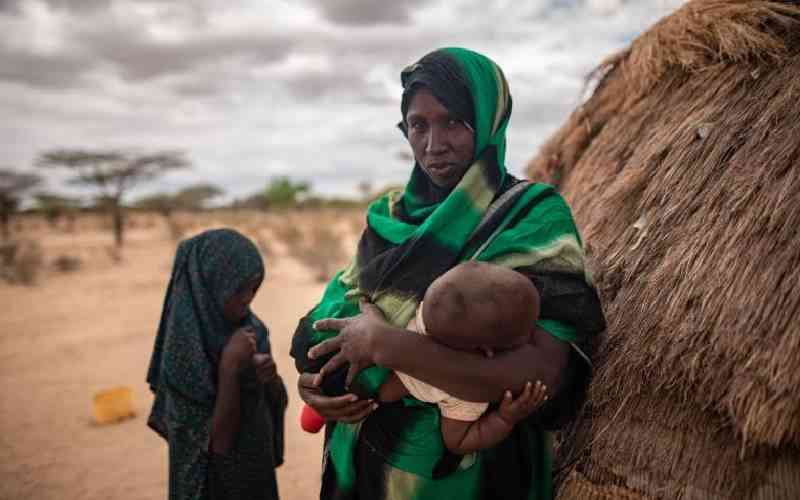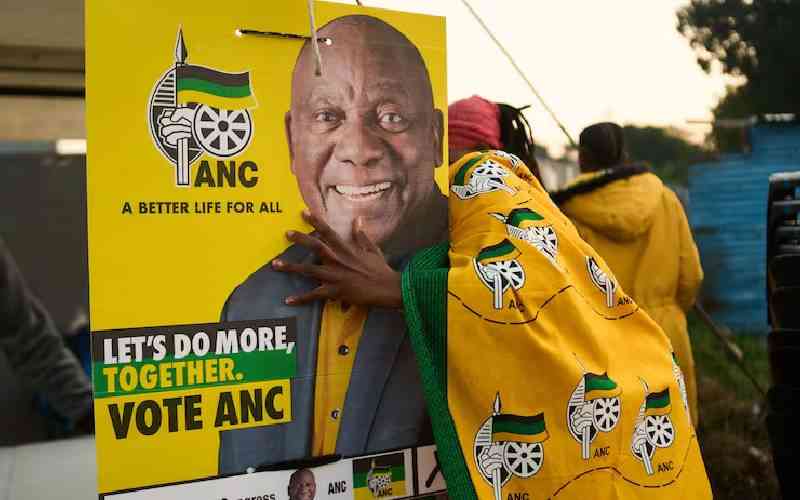
Anyone with the slightest interest in Africa’s current affairs would have predicted the messy situation that South Africa’s Independence party finds itself in.
Writing on possible election results in April this year, this column predicted that Jacob Zuma’s MK, a resurgent Democratic Alliance, and the assault on the youth vote by Julius Malema’s EFF would deny the African National Congress the majority it needed to avoid coalitions.
Results are now out, and the ANC barely managed to achieve 40 per cent of the vote. MK, though getting most of its vote from KwaZulu Natal, did surprisingly well, considering that some of ANC’s misfortunes are closely connected with Zuma’s tenure as President.
ANC must now enter into a coalition with its former comrades, now erstwhile enemies, or swallow the bitter pill of working with the DA, the party most associated with South Africa’s painful past. Each of these options represents major ideological and political challenges for the ANC.
Starting with the least possible option (having warned myself that nothing is impossible in politics) an alliance with EFF would take ANC into a policy direction fraught with danger.
For EFF to get into bed with ANC and retain its credibility and support among its constituency, ANC would need to acquiesce with EFF’s most controversial policy, the expropriation of land from the white community without compensation.
While such policies sound exciting for opposition parties and activists, they are difficult to implement once a party is in power.
Not only can it lead to massive bloodshed, but it can also confer pariah status on South Africa as that principle violates basic principles of international law.
It can easily drive out many investors who would feel that the government cannot be trusted to respect basic tents of property rights. That said, the ANC must give attention to the question of empowerment of the majority of its population urgently, even if it does not go the Malema route.
Option 2; a coalition with DA. This is the most ideologically viable one. The DA is a centrist party, though it leans right. ANC has gradually become centrist though leaning left. The two parties can easily agree on joint policy positions on most issues. The challenge of a coalition with DA is political.
It would be a public relations nightmare for ANC, the freedom-fighting party, to get into an alliance with the party most associated with apartheid. It will dilute ANC’s brand and may cause irreparable damage to the party.
ANC supporters may however forgive the party if the alliance with DA resurrects the economy and imbues a season of stability.
Option 3; an alliance with Zuma’s MK. In an ideal world, this is a party ANC could easily work with.
It is ideologically close to ANC, whatever its left-leaning campaign messages said. MK is ANC, the difference being that MK’s largest vote base was the Zulu nation while ANC, being the most ethnically diverse party, obtained support from the rest of South Africa’s people.
MK has however been the most averse to a coalition with ANC, informally indicating that it would only open coalition talks if Cyril Ramaphosa was not at the helm, a demand rubbished by ANC.
The next week will be interesting. We may end up with a repeat of Nelson Mandela’s government of National Unity where ANC, Inkatha Freedom Party and De Klerk’s National Party were in a coalition government, though the same (at least with NP) only lasted for two years.
For all our challenges, one is grateful that Kenya has undergone the political birth pains South Africa is undergoing. Our independence party died, but it didn’t die with the country. We have learnt the politics of formal and informal coalitions.
The issues that divide us are increasingly more ideological, while South Africa is busy hurtling towards ethnically defined politics. The one issue we share with South Africa is an increasingly discontented and impatient electorate.
The latter requires attention in substance even as we weave out of perilous times imposed on us through irresponsible borrowing and a shrinking economy. We may pity South Africa now but let us not sit on our laurels, we are still far away from irreversible peace, stability and growth.
-The writer is an advocate of the High Court of Kenya
 The Standard Group Plc is a multi-media organization with investments in media platforms spanning newspaper print
operations, television, radio broadcasting, digital and online services. The Standard Group is recognized as a
leading multi-media house in Kenya with a key influence in matters of national and international interest.
The Standard Group Plc is a multi-media organization with investments in media platforms spanning newspaper print
operations, television, radio broadcasting, digital and online services. The Standard Group is recognized as a
leading multi-media house in Kenya with a key influence in matters of national and international interest.



